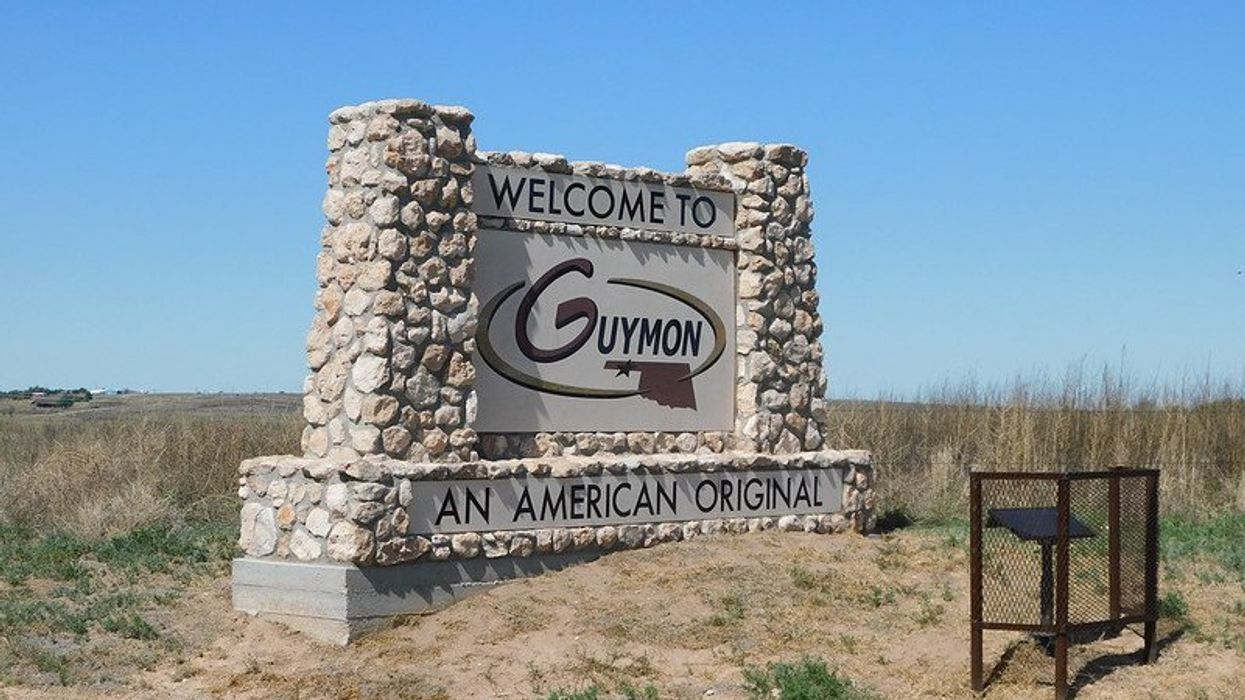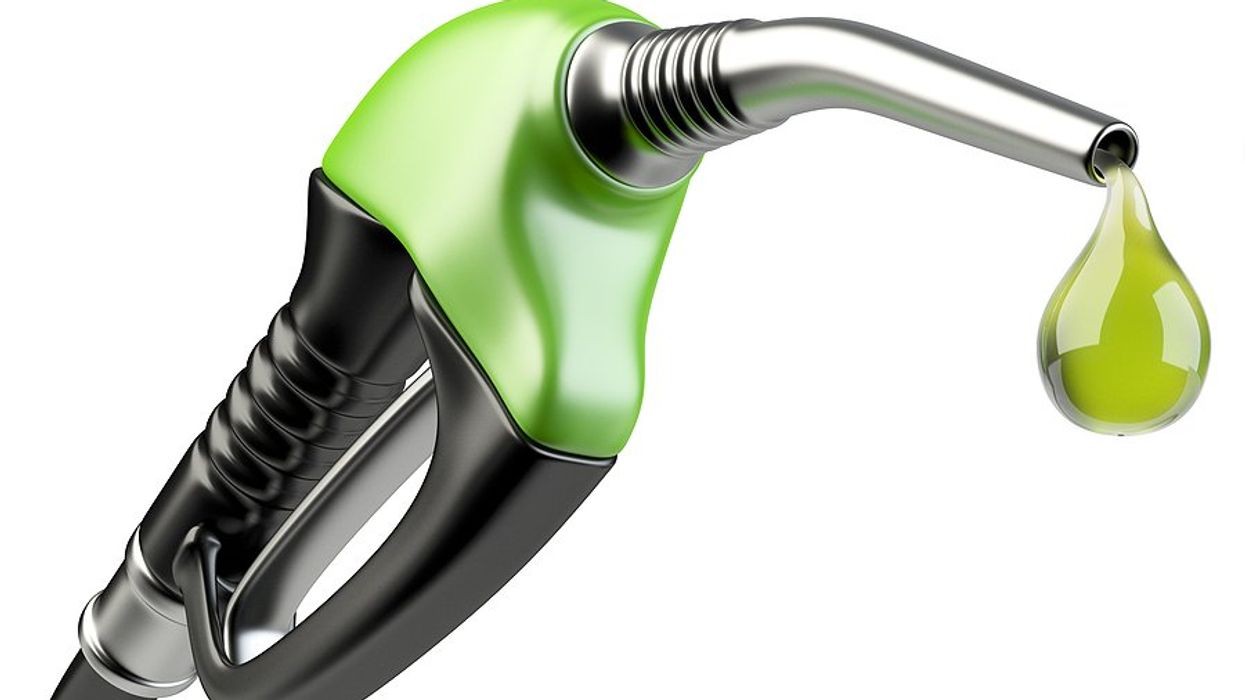Pennsylvania legislators are backing a contentious bill to establish a carbon capture industry, raising environmental and public health concerns.
Audrey Carleton reports for Capital & Main.
In short:
- Senate Bill 831 allows for carbon dioxide injection with minimal landowner consent and exempts operators from seismic monitoring in certain conditions.
- Environmental groups warn of potential leaks, health hazards, and insufficient landowner involvement in decision-making.
- The bill's supporters argue it is essential for the state's energy future and to secure federal funding for climate initiatives.
Key quote:
“This idea that they’re going to go all in on carbon capture and try to inject this stuff in the same places where it’s like Swiss cheese … is just plain stupid.”
— Karen Feridun, co-founder of the Better Path Coalition
Why this matters:
The bill proposes the development of infrastructure to capture carbon dioxide emissions from industrial sources and store them underground. This technology is seen by supporters as a vital tool to curb emissions from sectors that are hard to decarbonize, like manufacturing and energy production.
But critics warn that the environmental and health implications could be significant. Concerns range from the potential for groundwater contamination to the risk of carbon dioxide leaks, which could pose serious hazards to nearby communities. There are also fears that focusing on CCS might divert attention and resources away from renewable energy and energy efficiency measures, which are essential for a sustainable future.

















